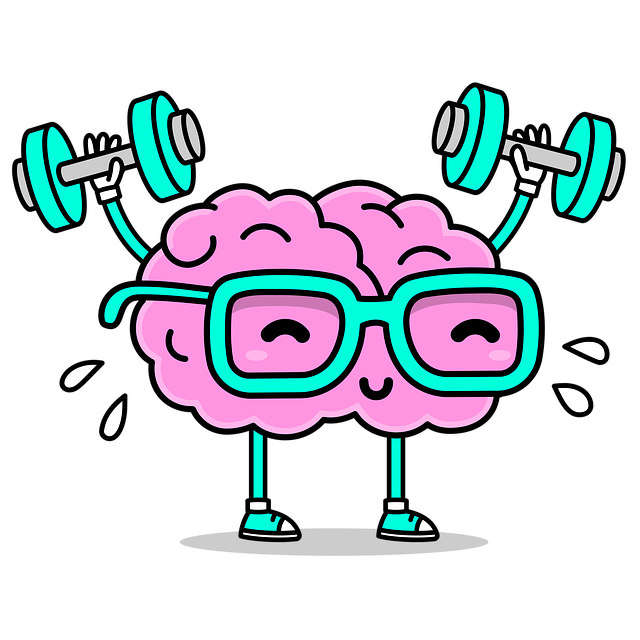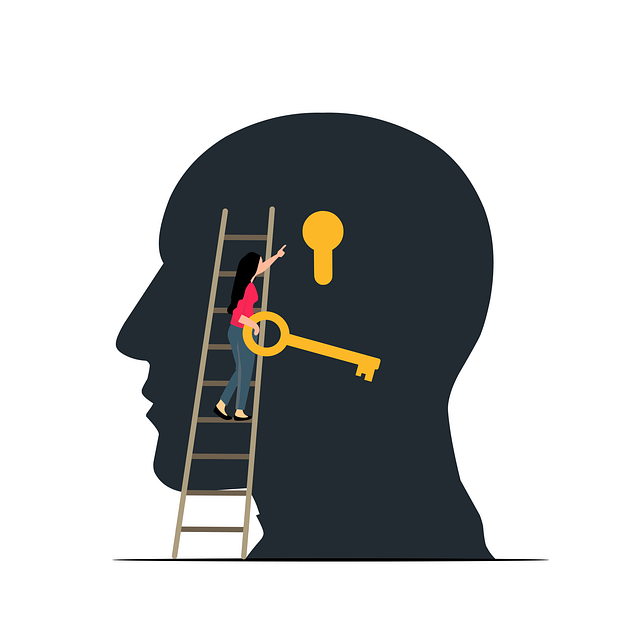Early recognition of depression symptoms is crucial for young adults, with common indicators including persistent sadness, changes in appetite/sleep, and suicidal thoughts. Seeking therapy, such as Cognitive Behavioral Therapy (CBT), offers a safe space for emotion exploration and personalized support from professional therapists. Simple yet powerful lifestyle adjustments like regular exercise, balanced diet, strong social connections, creative outlets, adequate sleep, and time management are key to preventing depression and managing pain. Integrating therapy with evidence-based pain management techniques enhances overall mental health and builds long-term resilience against depression in young adults.
Depression is a prevalent yet often overlooked issue among young adults, but with the right strategies, prevention is achievable. This article explores vital aspects of mental health care, guiding young adults towards well-being. We delve into recognizing subtle depression symptoms, emphasizing early detection as a game-changer for effective treatment. Additionally, we uncover lifestyle modifications that foster resilience and self-care practices tailored to modern lives. Furthermore, the piece illuminates various therapy options and highlights the significance of pain management in addressing emotional challenges, offering practical insights for those seeking support.
- Recognizing Depression Symptoms: Early Detection for Young Adults
- Lifestyle Changes for Better Mental Health: A Focus on Self-Care
- Exploring Therapy Options: Effective Treatments for Young Adult Depression
- Managing Chronic Pain and Its Impact on Emotional Wellbeing
Recognizing Depression Symptoms: Early Detection for Young Adults

Recognizing depression symptoms early is crucial for young adults as it can prevent the condition from escalating. The first step is to be aware of the signs and symptoms that may indicate a struggle with mental health. Depression presents differently in everyone, but common indicators include persistent feelings of sadness, loss of interest or pleasure in activities once enjoyed, changes in appetite or sleep patterns, fatigue, difficulty concentrating, and thoughts of death or suicide. These symptoms can significantly impact daily functioning and overall quality of life.
Young adults experiencing depression may benefit from seeking therapy, which offers a safe space to explore and process these emotions. Professional therapists can provide personalized support, guidance, and evidence-based strategies for managing symptoms. Additionally, empathy building strategies and social skills training, as part of mental health awareness initiatives, can foster supportive relationships and enhance coping mechanisms. Effective pain management techniques, such as mindfulness practices or physical activity, can also play a vital role in alleviating depressive symptoms.
Lifestyle Changes for Better Mental Health: A Focus on Self-Care

In the quest to prevent depression, one often overlooks the power of simple lifestyle adjustments. For young adults, prioritizing self-care can be a game-changer in maintaining mental well-being. Regular exercise, for instance, not only promotes physical health but also boosts mood by releasing endorphins and improving sleep quality. A balanced diet, rich in nutrients, supports brain function and overall resilience to stress. Additionally, fostering strong social connections and practicing mindfulness techniques can help manage pain and promote emotional equilibrium.
Self-care extends beyond physical activities; it encompasses mental and emotional practices too. Engaging in creative outlets, such as art or writing, provides an outlet for expression and a sense of accomplishment. Adequate sleep and time management are essential, allowing individuals to avoid the overwhelming feeling of being trapped. Public awareness campaigns focused on mental health can play a significant role in promoting these self-care practices, while cultural sensitivity in mental healthcare ensures that tailored support is accessible to all.
Exploring Therapy Options: Effective Treatments for Young Adult Depression

For young adults grappling with depression, exploring therapy options is a crucial step towards recovery and well-being. Various evidence-based treatments have proven effective in managing this condition, offering much-needed support and coping strategies. Cognitive Behavioral Therapy (CBT), for instance, focuses on identifying and changing negative thought patterns, helping individuals challenge unhelpful beliefs and develop healthier ways of thinking and behaving. This approach has shown remarkable results in treating depression, as it empowers young adults to take control of their thoughts and emotions.
Additionally, integrating therapy with proper pain management techniques can significantly enhance the overall well-being of young adults dealing with depression. Burnout prevention strategies, often relevant for healthcare providers but applicable to all, can include setting boundaries, prioritizing self-care, and fostering a balanced lifestyle. These practices aim to mitigate stress levels and prevent emotional exhaustion, which are common contributors to depression. By combining therapy, pain management, and burnout prevention techniques, young adults can develop comprehensive strategies to combat depression effectively and build resilience for the long term.
Managing Chronic Pain and Its Impact on Emotional Wellbeing

Chronic pain can significantly impact an individual’s emotional wellbeing and increase the risk of developing depression. For young adults dealing with persistent pain, it is essential to address both the physical and psychological aspects of their condition. Pain management strategies, such as therapy, medication, or alternative treatments, play a crucial role in reducing the burden of chronic pain. These approaches not only help alleviate physical discomfort but also provide valuable tools for mood management and improving mental wellness.
Journaling exercises can be an effective means to promote self-esteem improvement and positive mental health. By documenting experiences, emotions, and thoughts related to their pain, young adults can gain insights into their feelings and develop strategies for coping with difficult situations. This practice supports emotional processing and enhances overall mental wellness, complementing any guidance provided by healthcare professionals or therapists specializing in pain management for young adults.
Depression prevention is a multi-faceted approach, especially for young adults navigating life’s challenges. By recognizing symptoms early, adopting healthy lifestyle changes focused on self-care, and exploring tailored therapy options, individuals can effectively manage mental health. Additionally, addressing chronic pain—a common co-morbidity—is crucial for overall emotional wellbeing. Access to appropriate therapy for young adults, combined with effective pain management strategies, empowers them to overcome depression and lead fulfilling lives.













